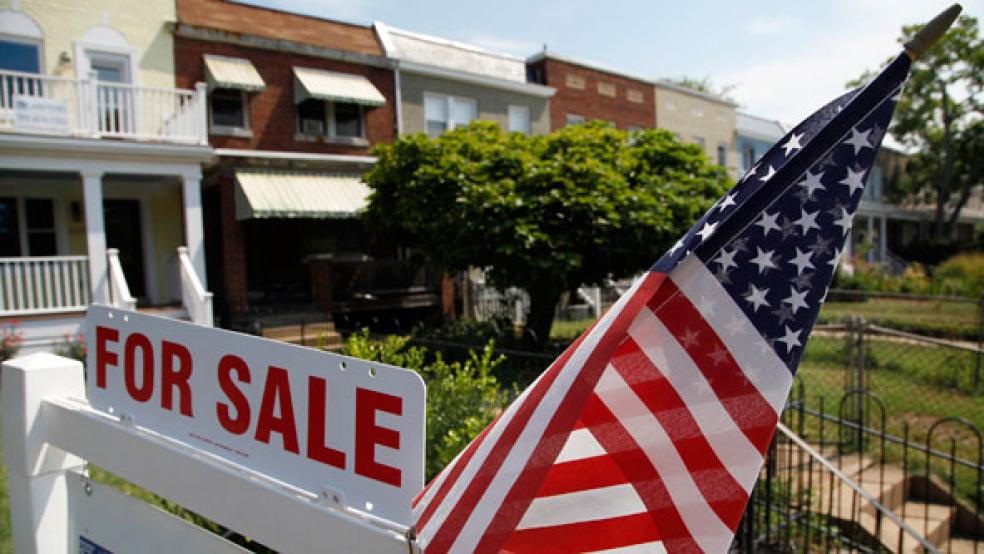Home prices continued to rise in July, the latest evidence that the recovery in the housing market is on track, data showed on Tuesday.
As well, consumers' moods improved in September, with confidence jumping to its highest level in seven months as Americans were more optimistic about the job market and income prospects.

Six years after its collapse, economists believe the housing market has turned a corner. Recent data show home resales and groundbreaking on new properties rose in August, while business sentiment among homebuilders picked up to a more than six-year high this month.
Two separate reports showed on Tuesday that home prices rose for another month in July, though the gains were not as strong as the previous month. The S&P/Case Shiller composite index of 20 metropolitan areas rose for the sixth month in a row, up 0.4 percent in July on a seasonally adjusted basis. Economists had expected a gain of 0.9 percent, which would have matched June's advance. On a non-adjusted basis, prices fared better, rising 1.6 percent.
"This shows a continual recovery in the housing market," said Mike Gibbs, co-head of the equity advisory group at Raymond James in Memphis, Tennessee.
Compared to a year ago, prices in the 20 cities were up 1.2 percent, the biggest gain since August 2010. It was the second month in a row year-over-year prices have risen.
Just four cities had prices that were lower than a year ago, with Atlanta faring the worst, down nearly 10 percent. Hard-hit Phoenix continued its rebound to gain 16.6 percent.
Separately the U.S. Federal Housing Finance Agency home price index showed prices rose 0.2 percent in July compared to 0.6 percent in June.
Also on Tuesday, the Conference Board said its index of consumer attitudes rose to 70.3 from an upwardly revised 61.3 in August. It was the highest level since February and topped economists' expectations for 63, according to a Reuters poll.
"That was a pretty strong reading," said Eric Viloria, senior currency strategist at Forex.Com in New York. "As confidence increases, that could be a good thing for personal consumption and spending moving forward, which also helps the economy because consumption makes a large portion of GDP."
The expectations index climbed to 83.7 from 71.1, while the present situation index gained to 50.2 from 46.5.
"Despite continuing economic uncertainty, consumers are slightly more optimistic than they have been in several months," said Lynn Franco, director of The Conference Board Consumer Research Center, said in a statement.
Consumers were more optimistic on both the current and short-term outlook for the labor market, and had a more favorable view on their income prospects in the next six months. Consumers also felt better about price increases with expectations for inflation in the coming 12 months down to 5.8 percent from 6 percent.
(Additional reporting by Ryan Vlastelica)




